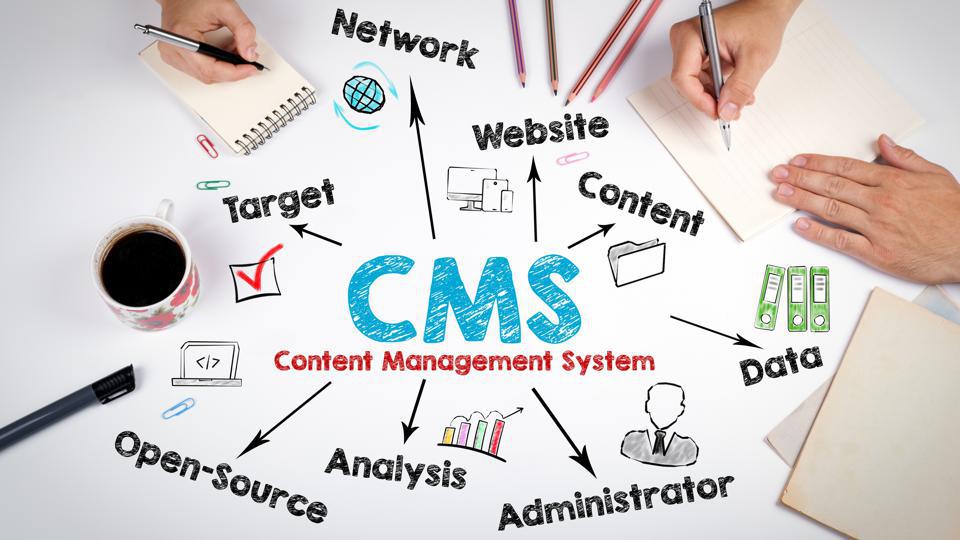Next-Gen Content Management Systems: Enhancing Revolution Collaboration and Workflow. In the fast-paced digital landscape of today, staying ahead of the curve is essential for any business. Content is the lifeblood of the internet, and managing it efficiently has become more critical than ever. In this blog post, we’ll explore the exciting realm of next-generation Content Management Systems (CMS) and how they are revolutionizing collaboration and workflow in the digital age.
The Evolution of Content Management Systems
Content Management Systems have come a long way since the early days of the internet. From basic tools that allowed users to publish simple web pages, they have evolved into multifaceted platforms that can handle a wide array of content types, from text and images to videos and interactive applications. But their evolution goes beyond just handling diverse content.
Enhancing Revolution Collaboration
Revolution Collaboration is the cornerstone of modern business, and next-gen CMSs are making it easier and more effective. These systems allow multiple users to work simultaneously on a single piece of content, whether it’s a blog post, a video script, or a product description. Real-time collaboration means that teams can collaborate without geographical constraints, fostering a global workforce.
The ability to leave comments, suggestions, and feedback directly within the CMS streamlines communication and ensures that everyone is on the same page. In addition, role-based permissions ensure that only authorized personnel can make final changes, maintaining content integrity.
Streamlining Workflow
Workflow management is another area where next-gen CMSs excel. With integrated project management tools, teams can assign tasks, set deadlines, and track progress without needing to switch between various platforms. Automated workflows can also be set up to reduce manual, repetitive tasks, such as content approvals or publishing.
Content versioning and audit trails offer a safety net, allowing users to roll back to previous versions in case of errors. This is especially useful for industries with strict compliance requirements, like healthcare or finance, where tracking changes is essential.
AI and Content Optimization
Artificial intelligence is a game-changer in content management. Next-gen CMSs employ AI to analyze user behavior, gather insights, and make data-driven recommendations for content optimization. They can suggest the best posting times, ideal content formats, and even assist in keyword research for SEO purposes.
Machine learning algorithms can also predict content trends, helping businesses stay ahead of the curve and outpace their competitors.
Personalization and Customer Experience
Next-gen CMSs take personalization to a whole new level. They enable businesses to create individualized content experiences for each user. Content can be tailored based on factors such as location, browsing history, and preferences, making every interaction feel unique. This not only enhances the user experience but also boosts engagement and conversions.
Embracing the Multichannel Approach
With the proliferation of digital channels, content management has become more complex. Next-gen CMSs are equipped to handle the multichannel approach seamlessly. Content can be easily repurposed and distributed across websites, social media, mobile apps, and email marketing campaigns from a central hub. This ensures consistency in branding and messaging across all touchpoints.
Conclusion
Next-gen Content Management Systems are more than just tools for publishing content. They are dynamic platforms that empower collaboration, streamline workflow, and leverage AI to enhance content creation and delivery. As the digital landscape continues to evolve, staying ahead of the curve with these innovative solutions is essential for businesses looking to thrive in the ever-competitive online world. Embracing the power of next-gen CMSs will enable your organization to remain agile, efficient, and at the forefront of the digital revolution.

